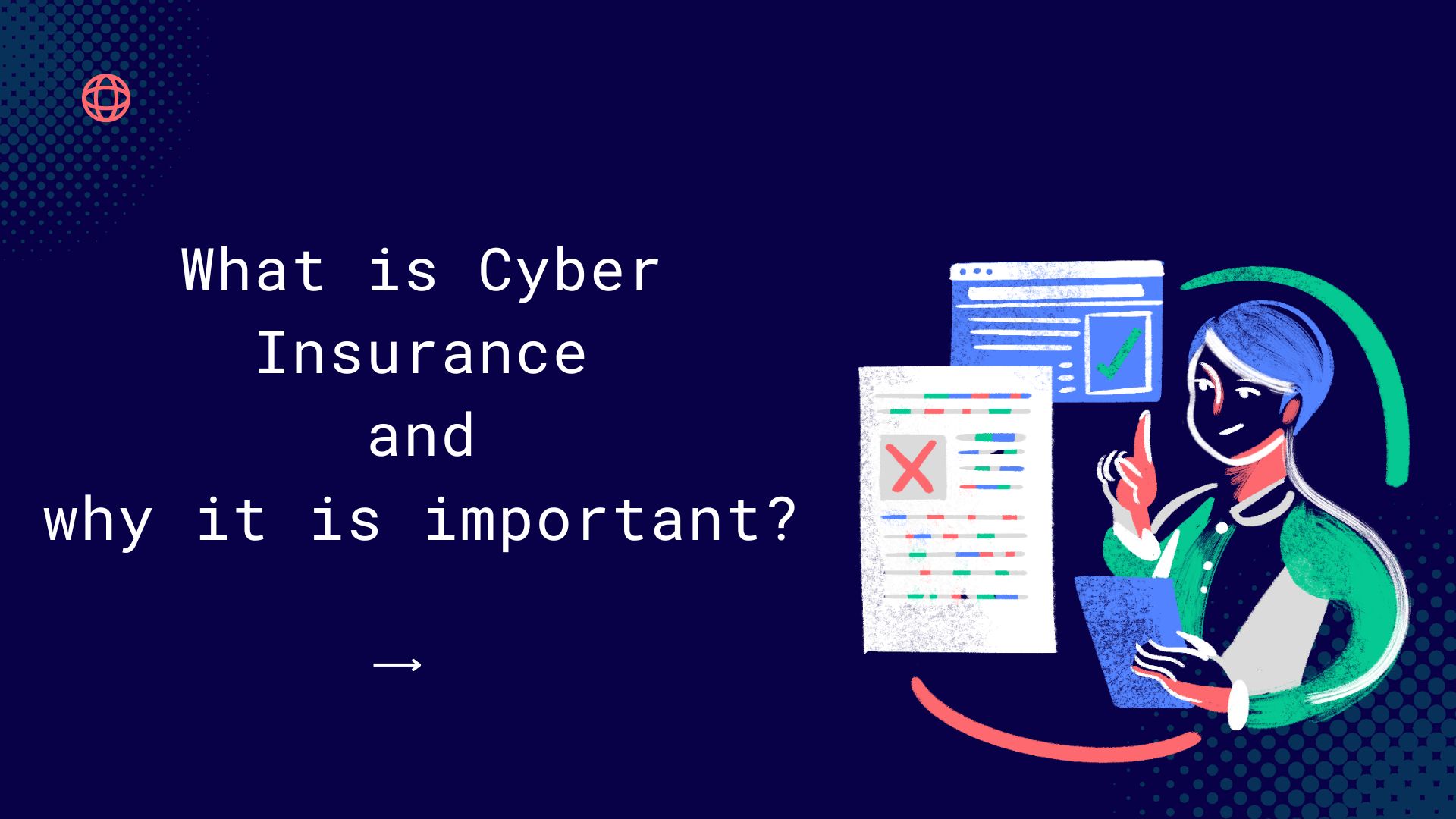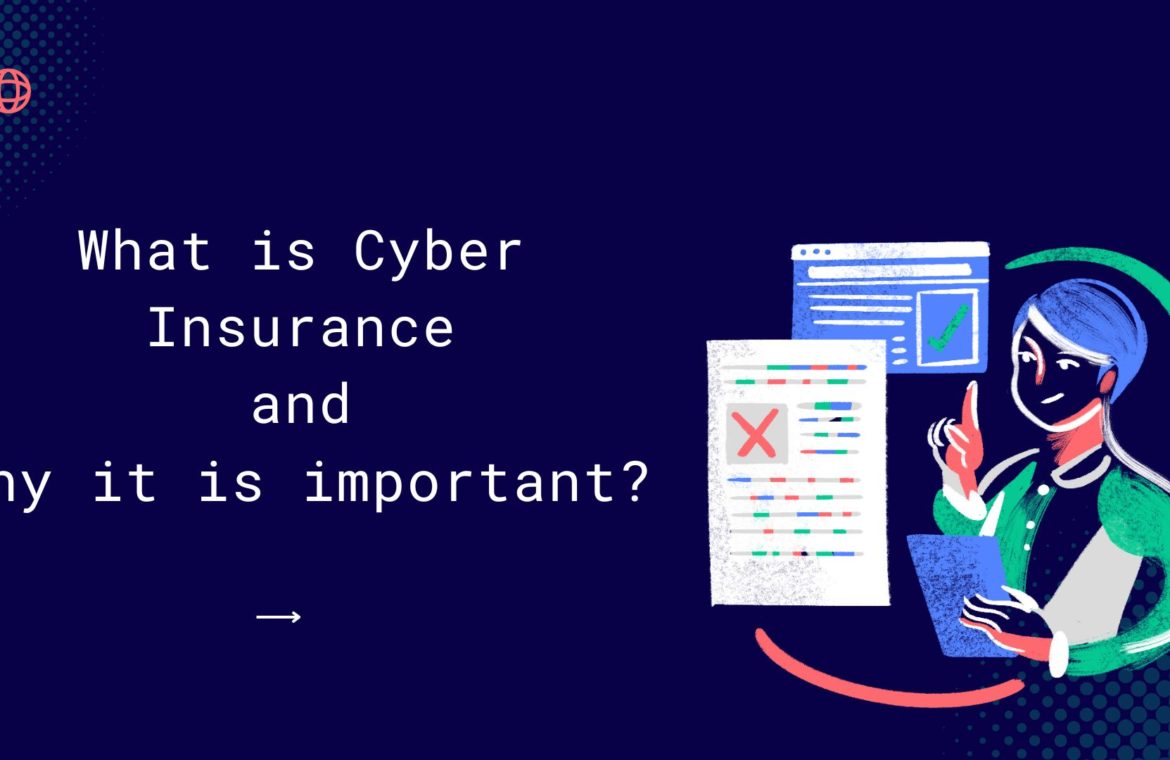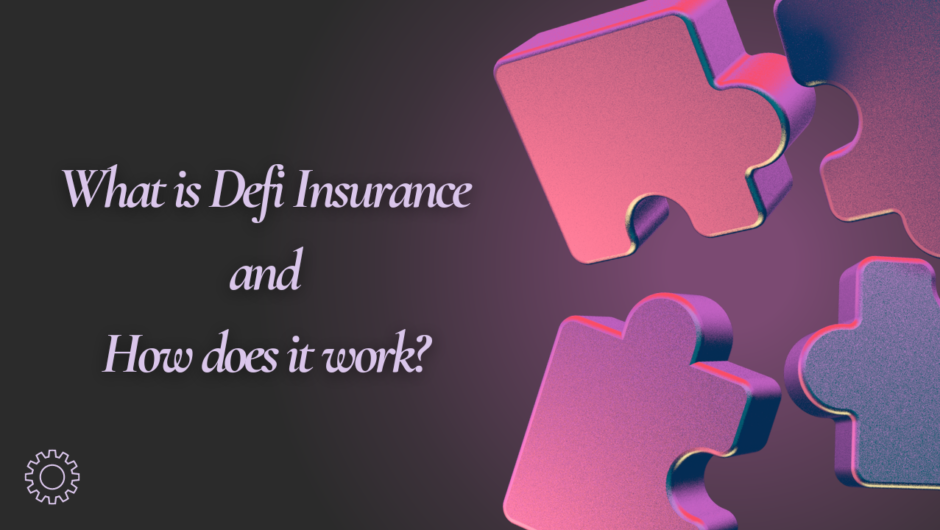Cyber insurance is a specialized insurance policy designed to protect businesses from the financial consequences of cyberattacks and data breaches. In today’s digital age, where cyber threats like hacking, ransomware, and data theft are increasingly prevalent, cyber insurance has become essential. It provides coverage for various risks, including legal fees, customer notification costs, data recovery, and business interruption losses. By mitigating the financial impact of cyber incidents, cyber insurance helps businesses maintain their operations and reputation, making it a crucial component of a comprehensive risk management strategy in the modern business environment.

Understanding Cyber Risks in the Digital Age
In the digital age, cyber risks have become a critical concern for both businesses and individuals. As technology evolves, so do the methods employed by cybercriminals, with threats like hacking, phishing, ransomware, and data breaches becoming increasingly sophisticated. These risks are not confined to large corporations; small and medium-sized enterprises (SMEs) are often targeted due to their generally weaker cybersecurity defenses.
Cyber risks can lead to severe financial losses, but their impact goes beyond monetary damage. Reputational harm, legal liabilities, and operational disruptions are significant consequences of a cyberattack. Sensitive data, such as customer information, intellectual property, and financial records, is particularly vulnerable, and the interconnected nature of modern digital systems means that a single breach can ripple through supply chains and business partners, causing widespread damage. To combat these threats, businesses must prioritize understanding and addressing cyber risks.
Key Components of a Cyber Insurance Policy
- Data Breach Coverage: Covers costs related to notifying affected individuals, legal fees, and credit monitoring services following a data breach.
- Business Interruption Coverage: Compensates for lost income and operational disruptions caused by a cyberattack, helping to mitigate the financial impact of downtime.
- Cyber Extortion Coverage: Provides financial protection against ransomware attacks and other forms of cyber extortion, covering ransom payments and associated costs.
- Liability Coverage: Addresses legal fees and settlements arising from lawsuits related to data breaches or failures in protecting sensitive information.
- Data Recovery Costs: Covers expenses for restoring lost or damaged data, ensuring business continuity and minimizing operational setbacks.
- Regulatory Compliance Coverage: Includes coverage for fines and penalties resulting from non-compliance with data protection laws, helping to manage legal and regulatory risks.
Why Cyber Insurance is Essential for Businesses?

Hello, I am Tanisha Kriplani, graduated in computer science from Delhi University. I am passionate about web content writing and have a strong interest in Data Analytics and Data Engineering.












